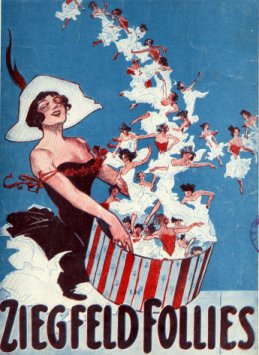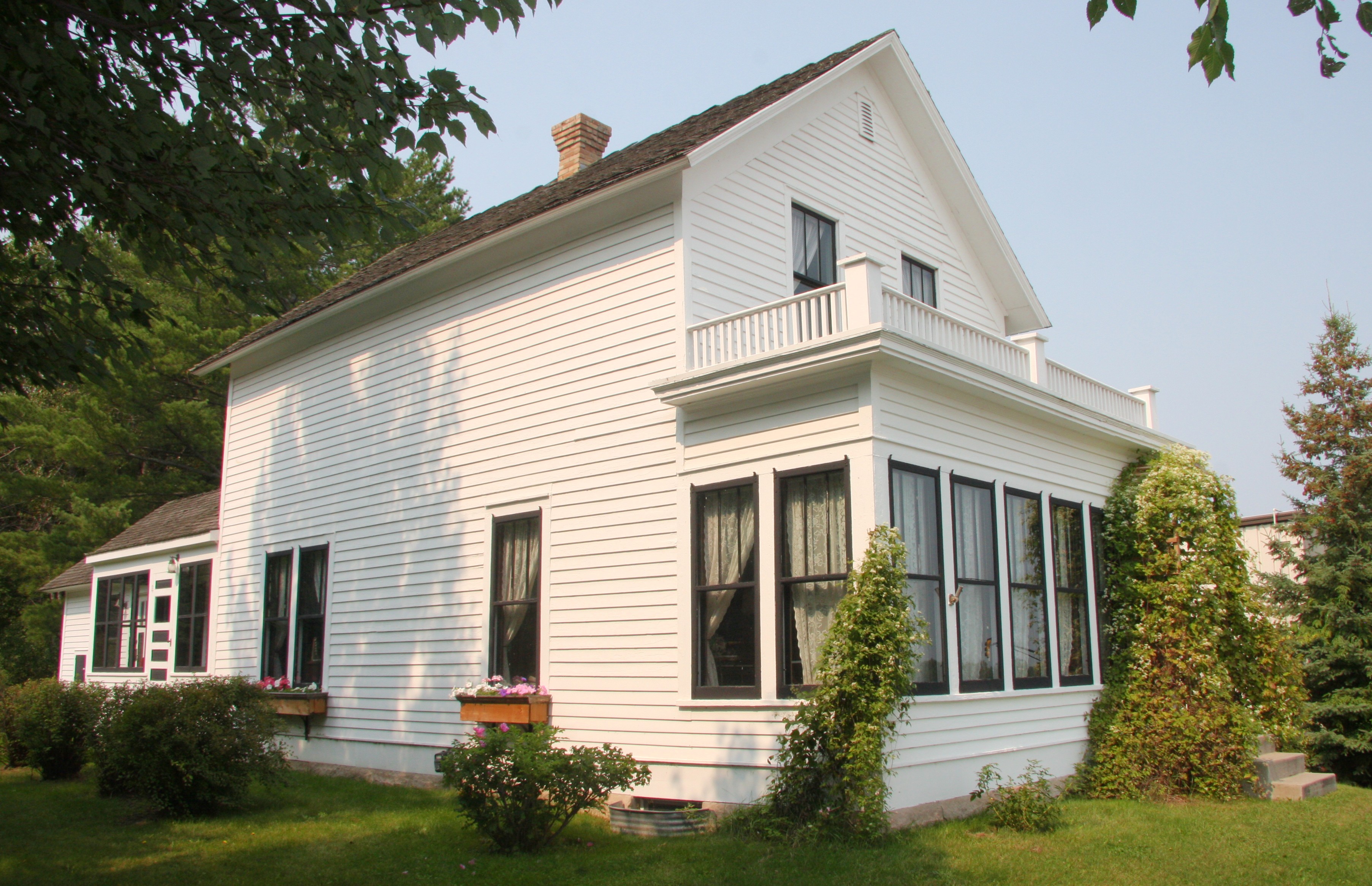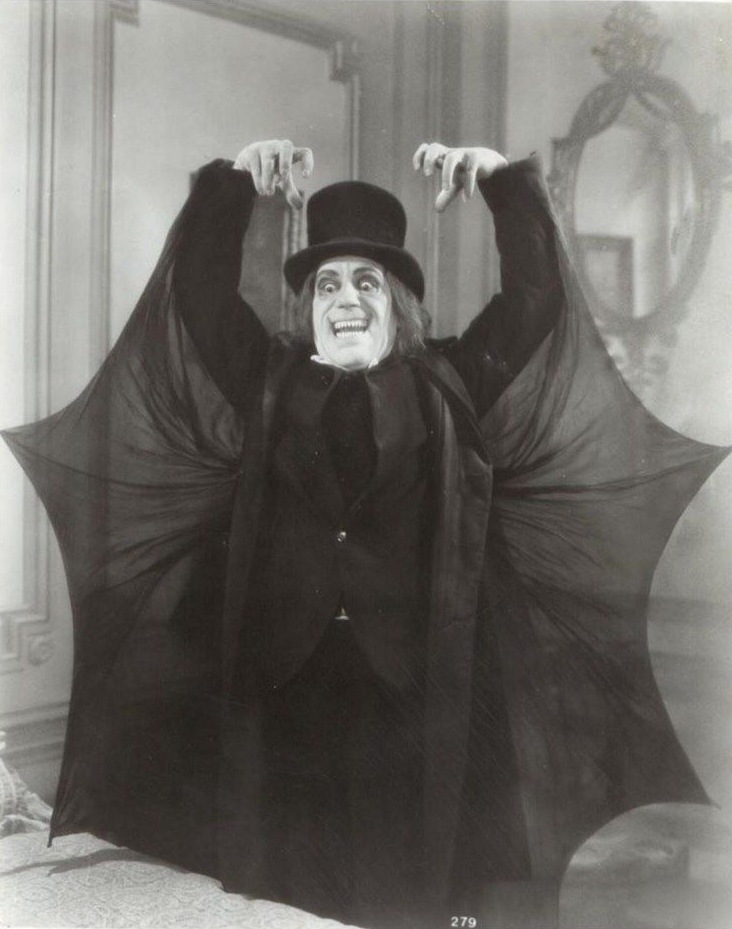|
Fanny Brice
Fania Borach (October 29, 1891 – May 29, 1951), known professionally as Fanny Brice or Fannie Brice, was an American comedienne, illustrated song model, singer, and theater and film actress who made many stage, radio, and film appearances. She is known as the creator and star of the top-rated radio comedy series '' The Baby Snooks Show''. She was famously portrayed by Barbra Streisand in the stage musical '' Funny Girl''. Early life Fania Borach was born in Manhattan, New York City, United States, the third child of Rose (née Stern 1867–1941), a Jewish Hungarian woman who immigrated to the US at age 10, and Alsatian immigrant Charles Borach. The Borachs were saloon owners and had four children: Phillip, born in 1887; Carrie, born in 1889; Fania, born in 1891; and Louis, born in 1893. Under the name Lew Brice, her younger brother also became an entertainer and was the first husband of actress Mae Clarke. In 1908, Brice dropped out of school to work in a burlesque r ... [...More Info...] [...Related Items...] OR: [Wikipedia] [Google] [Baidu] |
Second Hand Rose (song)
"Second Hand Rose" is a 1921 popular song written by Grant Clarke and James F. Hanley for Fanny Brice. Fanny Brice version Fanny Brice introduced the song in the revue ''Ziegfeld Follies of 1921'' which opened at the Globe Theater (now known as the Lunt-Fontanne Theatre) on Broadway on June 21, 1921. Although one critic found this production of the revue not as good as previous versions, an exception was Brice: "This inimitable artist chalked up one of the few high marks of the evening with this song. For clarity of utterance, economy of means and a highly developed comic sense, Miss Brice has no peer on our stage. She got a genuine reception on her entrance and clamorous applause for her exit. And earned every bit of it legitimately." Brice's 1922 recording of the song became a hit record, reaching #6 (US). The song was also sung by Brice in the 1928 film ''My Man''. The song's popularity inspired a 1922 screen dramatization starring Gladys Walton. Chart performance Barbra ... [...More Info...] [...Related Items...] OR: [Wikipedia] [Google] [Baidu] |
Nicky Arnstein
Julius Wilford "Nicky" Arnstein (born Arndstein; July 1, 1879October 2, 1965) was an American professional gambler and con artist. He was known primarily as Julius Arnold, but among his aliases were "Jules Arndtsteyn", "Nick Arnold," "Nicholas Arnold", "Wallace Ames", "John Adams", and "J. Willard Adair". He was best known as the second husband of entertainer Fanny Brice. Life and career Arnstein was born Julius Arndstein in Berlin, German Empire.Jules Arndtsteyn, born Berlin, Germany, July 1, 1879, in ''U.S., World War II Draft Registration Cards, 1942'' His father, Moses Arndstein, was a German Jew from Berlin who fought in the Franco-Prussian War. His mother, born Thekla van Shaw, was Dutch. The couple raised their children in the Episcopal Church. First settling in New Jersey, the couple had two other children besides middle-child Nicky; son Louis (born 1877), and daughter Gesina (born 1883).US Census 1900 – New York City, District 593, Page 30 "Nicky" was short for n ... [...More Info...] [...Related Items...] OR: [Wikipedia] [Google] [Baidu] |
Ziegfeld Follies
The ''Ziegfeld Follies'' was a series of elaborate theatrical revue productions on Broadway in New York City from 1907 to 1931, with renewals in 1934 and 1936. They became a radio program in 1932 and 1936 as ''The Ziegfeld Follies of the Air''. Founding and history Inspired by the Folies Bergère of Paris, the Ziegfeld Follies were conceived and mounted by Florenz Ziegfeld Jr., reportedly at the suggestion of his then-wife, the stage actress and singer Anna Held. The shows' producers were turn-of-the-twentieth-century producing titans Klaw and Erlanger. The Follies were a series of lavish revues, something between later Broadway shows and the more elaborate high class vaudeville and variety show. The first follies, '' The Follies of 1907'', was produced that year at the ''Jardin de Paris'' roof theatre. During the Follies era, many of the top entertainers, including W. C. Fields, Eddie Cantor, Josephine Baker, Fanny Brice, Ann Pennington, Bert Williams, Eva Tanguay, B ... [...More Info...] [...Related Items...] OR: [Wikipedia] [Google] [Baidu] |
Harriet Hoctor
Harriet Hoctor (September 25, 1905 – June 9, 1977) was a ballerina, dancer, actress and instructor. Composer George Gershwin composed a symphonic orchestral piece (Hoctor's Ballet) specifically for Hoctor in the film ''Shall We Dance'' (1937). Biography Harriet Hoctor was born in Hoosick Falls, New York, to Timothy Hoctor and Elizabeth Kearny Hoctor. She was one of four children, the others being Martin Francis ("Frank"), John, and Eloise. Harriet Hoctor never married. Early training Hoctor's maternal aunt, Annie Kearney, was a social secretary to a wealthy woman in Hoosick Falls who took an interest in young Harriet. At the age of twelve she was sent to New York City and placed under the tutelage of Russian ballet master Louis Harvy Chalif of the Normal School of Dancing. Stage By the time she was sixteen, Hoctor was touring in vaudeville on the same bill as the Duncan Sisters. She was asked to join their act and became a key player in their Topsy and Eva show presen ... [...More Info...] [...Related Items...] OR: [Wikipedia] [Google] [Baidu] |
Judy Garland
Judy Garland (born Frances Ethel Gumm; June 10, 1922June 22, 1969) was an American actress and singer. While critically acclaimed for many different roles throughout her career, she is widely known for playing the part of Dorothy Gale in '' The Wizard of Oz'' (1939). She attained international stardom as an actress in both musical and dramatic roles, as a recording artist and on the concert stage. Renowned for her versatility, she received an Academy Juvenile Award, a Golden Globe Award and a Special Tony Award. Garland was the first woman to win the Grammy Award for Album of the Year, which she won for her 1961 live recording titled ''Judy at Carnegie Hall''. Garland began performing as a child with her two older sisters, in a vaudeville group " The Gumm Sisters" and was later signed to Metro-Goldwyn-Mayer as a teenager. She appeared in more than two dozen films for MGM. Garland was a frequent on-screen partner of both Mickey Rooney and Gene Kelly and regularly collaborat ... [...More Info...] [...Related Items...] OR: [Wikipedia] [Google] [Baidu] |
Everybody Sing (film)
''Everybody Sing'' is a 1938 American musical comedy film starring Allan Jones, Judy Garland, and Fanny Brice, and featuring Reginald Owen and Billie Burke. The film was a significant step in Garland's career. Plot Young Judy Bellaire (Judy Garland) has trouble fitting in at school, causing trouble by introducing her jazzy style into music class and being expelled as a result. Returning home to her dysfunctional and financially challenged family, where her frustrated playwright-father (Reginald Owen), ditzy actress-mother (Billie Burke), and beautiful elder sister, Sylvia ( Lynne Carver) compete for attention along with the funny Russian maid, Olga (Fanny Brice) and the hunky singing cook, Ricky ( Allan Jones), who is not-so-secretly in love with Sylvia. Judy foils her father's attempt to ship her off to Europe by escaping from the ship and then trying out for a musical show as a blackface singer, taking advantage of her love of jazz to enchant the show's producer, who hires ... [...More Info...] [...Related Items...] OR: [Wikipedia] [Google] [Baidu] |
Be Yourself!
''Be Yourself!'' is a 1930 American Pre-Code musical comedy film directed by Thornton Freeland and starring Fanny Brice and Robert Armstrong. The plot involves an entertainer (Brice) managing a boxer (Armstrong). The cinematographer was Karl Struss and the running time is 65 minutes. Cast * Fanny Brice as Fannie Field * Robert Armstrong as Jerry Moore *Harry Green as Harry Field *G. Pat Collins as "Mac" McCloskey *Gertrude Astor as Lillian Thorpe *Budd Fine as Step *Marjorie Kane as Lola, chorus girl *Rita Flynn as Jessica References External links * *''Be Yourself!''in ''The New York Times ''The New York Times'' (''the Times'', ''NYT'', or the Gray Lady) is a daily newspaper based in New York City with a worldwide readership reported in 2020 to comprise a declining 840,000 paid print subscribers, and a growing 6 million paid d ...'' 1930 films 1930 musical comedy films American musical comedy films American black-and-white films Films directed by Thornto ... [...More Info...] [...Related Items...] OR: [Wikipedia] [Google] [Baidu] |
Lost Film
A lost film is a feature Feature may refer to: Computing * Feature (CAD), could be a hole, pocket, or notch * Feature (computer vision), could be an edge, corner or blob * Feature (software design) is an intentional distinguishing characteristic of a software item ... or short film that no longer exists in any studio archive, private collection, public archive or the U.S. Library of Congress. Conditions During most of the 20th century, U.S. copyright law required at least one copy of every American film to be deposited at the Library of Congress at the time of copyright registration, but the Librarian of Congress was not required to retain those copies: "Under the provisions of the act of March 4, 1909, authority is granted for the return to the claimant of copyright of such copyright deposits as are not required by the Library." A report created by Library of Congress film historian and archivist David Pierce claims: * List of lost films#Statistics on lost films, 75% ... [...More Info...] [...Related Items...] OR: [Wikipedia] [Google] [Baidu] |
My Man (1928 Film)
''My Man'' is a 1928 black and white part-talkie American comedy-drama musical film directed by Archie Mayo starring Fanny Brice and featuring Guinn "Big Boy" Williams. It was Brice's feature film debut at the age of 37. She was a star in the Ziegfeld Follies before she started acting in motion pictures. At the time Warner Bros. made this film there were still some silent movies in production and being released. ''My Man'' used intertitles but included talking sequences, synchronized music, and sound effects using a Vitaphone sound-on-disc system.Progressive Silent Film List: ''My Man'' at silentera.com It was not until 1929 that talking movies would completely take over, but Warner Bros. had completely stopped making silent movies and switched to sound pictures by the end of that year, either par ... [...More Info...] [...Related Items...] OR: [Wikipedia] [Google] [Baidu] |
Sweet And Low (musical)
''Sweet and Low'' is a musical revue produced by Billy Rose and starring James Barton, Fanny Brice, George Jessel, and Arthur Treacher. It features sketches by David Freedman and songs by various composers and lyricists. The 1930 Broadway production was directed by Alexander Leftwich and choreographed by Danny Dare, with additional dances staged by Busby Berkeley. Scenic design was by Jo Mielziner. It ran for a week at the Majestic Theatre in Brooklyn before opening on November 17, 1930, at Chanin's 46th Street Theatre, where it ran for 184 performances. Although it rarely sold out, Rose transferred it to the 44th Street Theatre, where it was more successful at the box office.Garner, Paul and Mrotek Kissane, Sharon F., ''Mousie Garner: Autobiography of a Vaudeville Stooge''. Jefferson, North Carolina: McFarland & Company 1999. , p. 34 Song list ;Act 1 *Overture (Music by Harry Archer and Oscar Levant; Lyrics by Edward Eliscu) *''Mr. Jessel'' (Music and lyrics by ... [...More Info...] [...Related Items...] OR: [Wikipedia] [Google] [Baidu] |
Broadway Theatre
Broadway theatre,Although ''theater'' is generally the spelling for this common noun in the United States (see American and British English spelling differences), 130 of the 144 extant and extinct Broadway venues use (used) the spelling ''Theatre'' as the proper noun in their names (12 others used neither), with many performers and trade groups for live dramatic presentations also using the spelling ''theatre''. or Broadway, are the theatrical performances presented in the 41 professional theatres, each with 500 or more seats, located in the Theater District and the Lincoln Center along Broadway, in Midtown Manhattan, New York City. Broadway and London's West End together represent the highest commercial level of live theater in the English-speaking world. While the thoroughfare is eponymous with the district and its collection of 41 theaters, and it is also closely identified with Times Square, only three of the theaters are located on Broadway itself (namely the Broadwa ... [...More Info...] [...Related Items...] OR: [Wikipedia] [Google] [Baidu] |
List Of Grammy Hall Of Fame Award Recipients J-P
A ''list'' is any set of items in a row. List or lists may also refer to: People * List (surname) Organizations * List College, an undergraduate division of the Jewish Theological Seminary of America * SC Germania List, German rugby union club Other uses * Angle of list, the leaning to either port or starboard of a ship * List (information), an ordered collection of pieces of information ** List (abstract data type), a method to organize data in computer science * List on Sylt, previously called List, the northernmost village in Germany, on the island of Sylt * ''List'', an alternative term for ''roll'' in flight dynamics * To ''list'' a building, etc., in the UK it means to designate it a listed building that may not be altered without permission * Lists (jousting), the barriers used to designate the tournament area where medieval knights jousted * ''The Book of Lists'', an American series of books with unusual lists See also * The List (other) * Listing ... [...More Info...] [...Related Items...] OR: [Wikipedia] [Google] [Baidu] |





